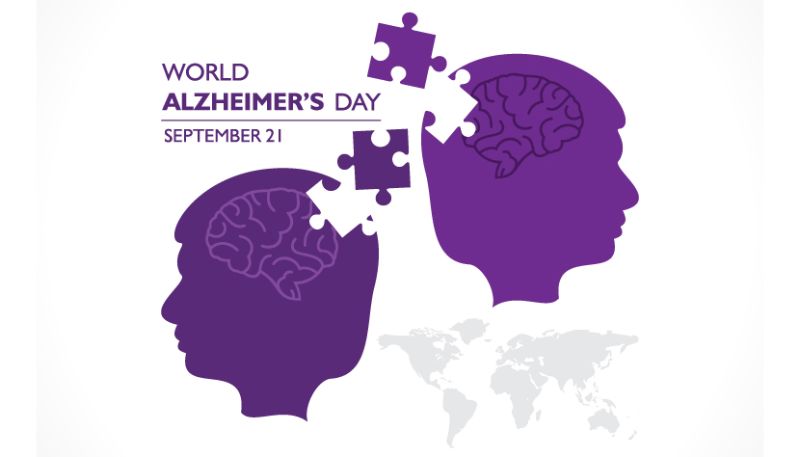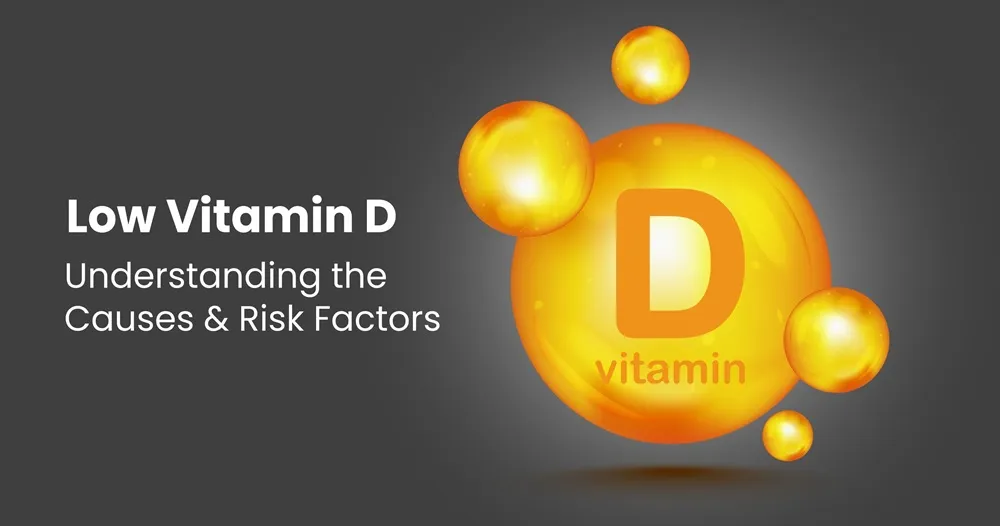Alzheimer’s Day: Let’s talk about it
Sep 13, 2021

Alzheimer's is the most common explanation for dementia and a general term used while referring to amnesia and other cognitive disabilities. It can be serious enough to interfere with lifestyle and cause long term problems. Alzheimer's disease accounts for 60-80% of dementia cases. Alzheimer's isn't a traditional part of aging, the best-known risk factor is increasing age, and most of the people with Alzheimer's are 65 and older. If it affects an individual under the age of 65 years, it is called early-onset Alzheimer’s. People with younger-onset Alzheimer’s are often within the early, middle, or late stage of the disease.
Symptoms:
Alzheimer's may be a progressive disease, where dementia symptoms gradually worsen over several years. In its early stages, amnesia is mild, but with late-stage Alzheimer's, individuals lose the power to converse normally due to anxiety and constant distraction. Alzheimer's is the sixth-leading explanation for death, and on an average, an individual with Alzheimer's lives 4 to eight years after diagnosis but can live for 20 years, counting on other factors.
- Memory
 loss that disrupts daily life
loss that disrupts daily life - Difficulty in solving or planning
- Difficulty in completion of tasks
- Sense of confusion with time or place
- Trouble in understanding how people and objects move in relation with each other.
- Trouble with words (Joining in a conversation)
As of today, Alzheimer’s has no cure but there is one treatment — aducanumab (Aduhelm™) — is the first therapy to demonstrate that removing amyloid, one among the hallmarks of Alzheimer’s disease, from the brain is likely to scale back cognitive and functional decline in people living with early Alzheimer’s. There are other treatments which can temporarily slow the worsening of dementia symptoms and improve the quality of life for both the patient and their care takers. Today, there's a worldwide effort underway to seek out better ways to treat the disease, delay its onset and stop it from developing.
Alzheimer's changes typically begin within a part of the brain that affects learning. As Alzheimer's advances through the brain, it results in increasingly severe symptoms, including disorientation, mood, and behaviour changes; deepening confusion about events, time, and place; unfounded suspicions about family, friends, and professional caregivers; more serious amnesia and behaviour changes; and difficulty speaking, swallowing, and walking.
People with amnesia or other possible signs of Alzheimer’s may find it hard to acknowledge they need a drag. Signs of dementia could also be more obvious to relations or friends. It is advisable if anyone is experiencing symptoms of dementia, that they must visit a doctor without fail.
If you notice one or more signs in yourself or another person, it can be difficult to know what to do. It’s normal to feel nervous about discussing these changes with others, that is why we at Apollo Diagnostics are here to help you with the right information through our experts to ensure your well-being.
Related Blog Post
Blog Categories
- Child Health
- Mens Health
- Women's Health
- Mental Health
- Health Myths & Facts
- Fitness
- Nutrition/Recipes
- Remedies
- Weight Management
- Stress Management
- Health Supplements
- Addiction Management
- Disease Management
- Allergy
- Anemia
- Arthritis
- Asthma
- Autoimmune Diseases
- Blood Pressure
- Cancer
- Deficiencies
- Dengue/Malaria/Chikungunya
- Diabetes
- Eye Problems
- Heart Diseases
- Hepatitis
- HIV/AIDS/STD
- Hormonal Imbalance
- Infection/Flu/Viral
- Kidney
- Liver
- Menstrual Problems
- Pregnancy
- Skin & Hair Problems
- Stomach Ailments
- Thyroid
- Others
- Health Checkups
- Diagnostics/Pathology
- Lifestyle & Wellness
- Covid
- Medical Tests
- Cholesterol
- Health Tips
- Parent Care/Old Age
- Lungs
- Food Intolerance







